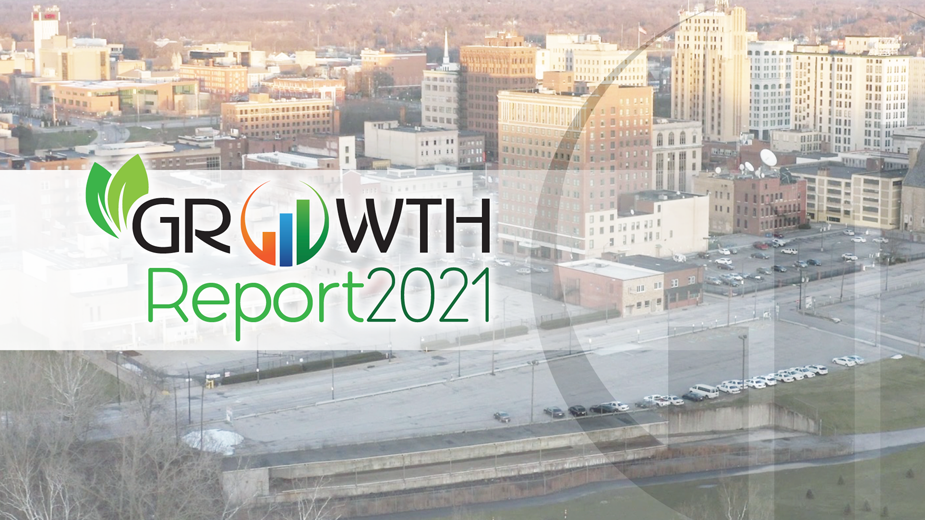YOUNGSTOWN, Ohio – Alta Care Group, behavioral health agency, experienced a breakthrough year in 2020 with unprecedented growth, says its CEO, Joe Shorokey.
The hallmark of the year was the renovation of Alta’s new space at the Mahoning Valley Campus of Care, a 35-acre campus that was the former home of the Youngstown Developmental Center. Alta is one of a handful of area agencies who will have space within the campus dedicated to serving those with mental, physical and developmental disabilities in Trumbull and Mahoning counties.
Alta’s 43,000-square-foot space will house six Alta Head Start classrooms and services such as adventure therapy, garden therapy, yoga, mindfulness and social-recreational therapy as well as traditional counseling, parent and peer support groups and art therapy.
“We are honored to be a part of the Campus of Care and to be one of the first agencies to open our space to the community,” says Shorokey.
In addition to the Campus of Care, Alta rebranded its program to reduce infant mortality as Alta’s Baby Bump Program. In cooperation with MY Baby’s 1st Mahoning County Infant Mortality Coalition, the program seeks to improve the quality of life and access to care for expectant mothers. This includes education on safe sleep, car seat safety and healthy lifestyles as well as referrals to medical homes for quality care and assistance with medication, food, housing, transportation, utilities and other basic needs.
Alta also launched pre-employment transition services for individuals 14-21. The program works to develop soft skills, explore career options and can lead to employment opportunities.
“We are constantly looking for new ways to meet the needs of the community. And these two programs are a great example of developing services to help best serve individuals throughout the Valley,” Shorokey says.
Alta capped off the year with a multi-faceted campaign committed to raising awareness of mental wellness, recognizing it as the fifth critical vital sign and promoting access to care.
The campaign includes billboards throughout the community, social media efforts, commercials and interviews with community, civic and religious leaders aimed at encouraging the community to have open discussions about mental health.
Funding for the campaign came from a state grant and a donation from the Mahoning County Mental Health and Recovery Board.
